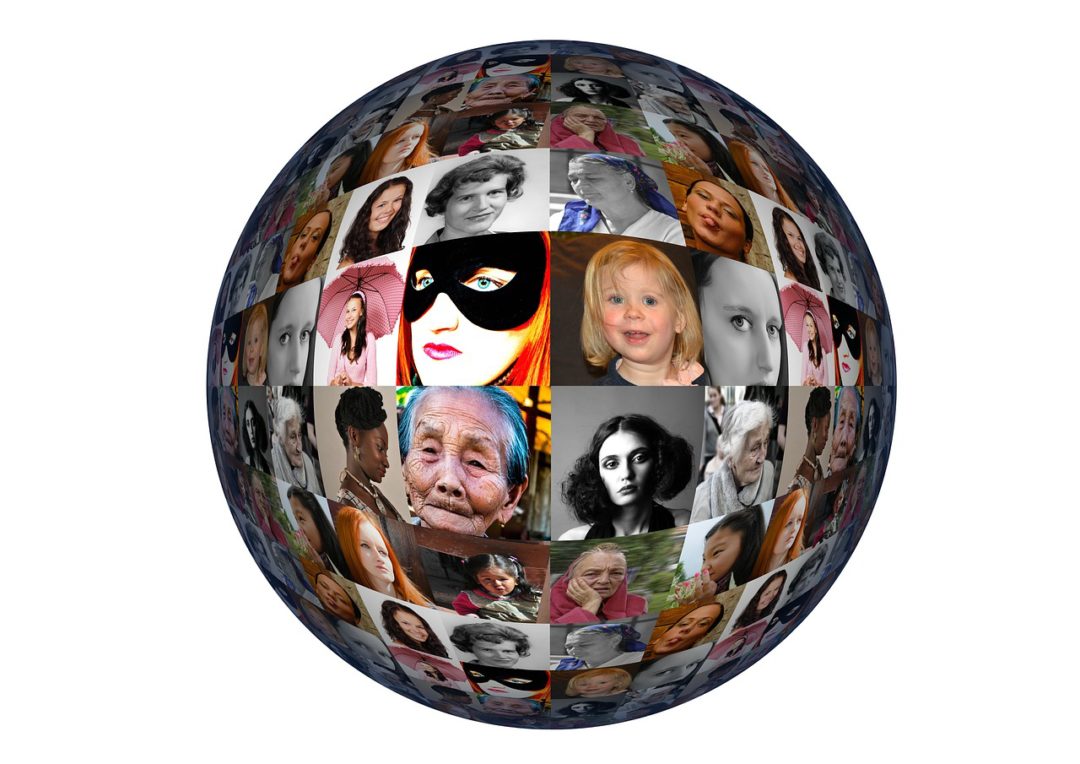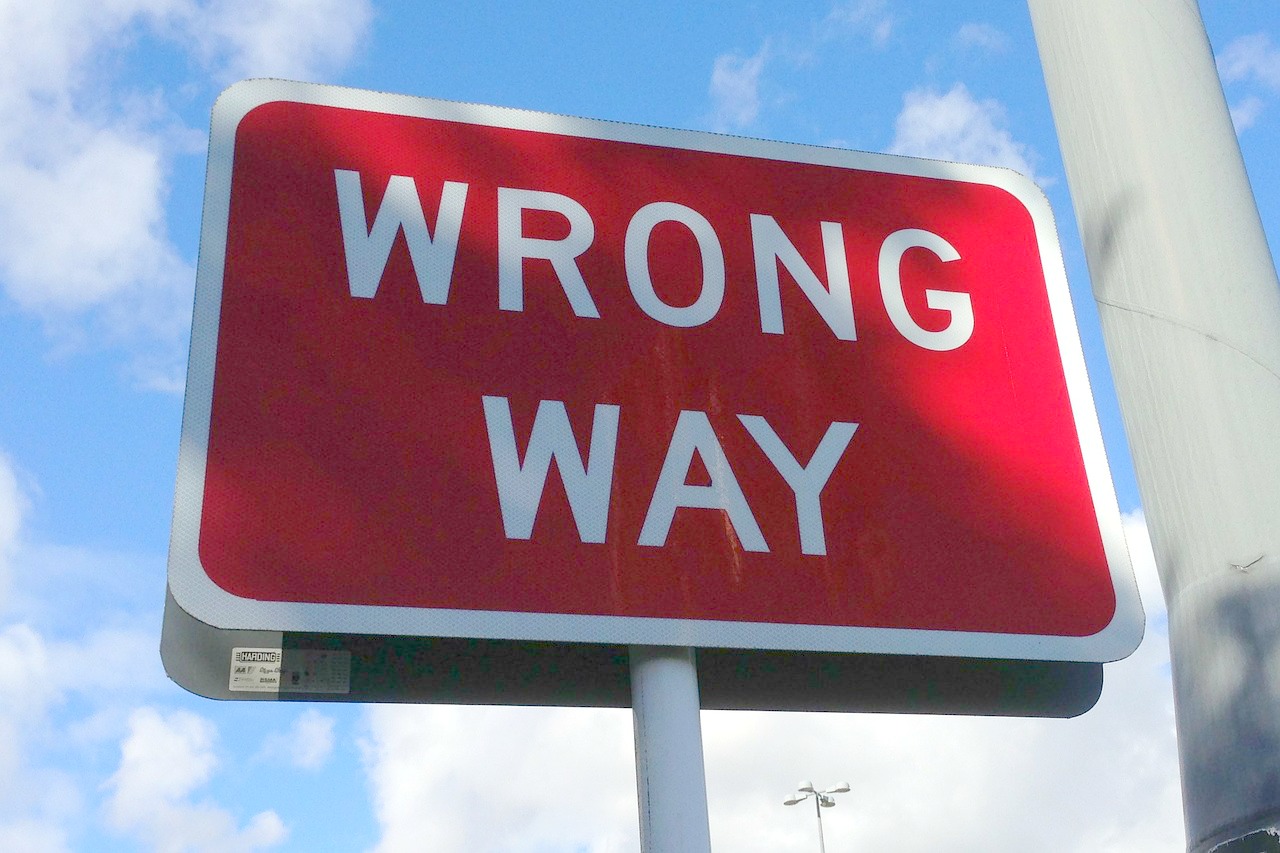When I was in graduate school, I had a friend named Stacey. She’d come to the Midwest from Houston, so she had a southern accent that I found totally charming. Stacey was less than five feet tall, but there was nothing diminutive about her; she had a huge personality. There were so many things I admired about Stacey. In many ways, she was the kind of person I hoped to become. So, one night when we were at a party–after we’d both had a few drinks–I leaned over and put my head on her shoulder.
“I just love you,” I said. “I don’t even think of you as my black friend Stacey. You’re just my friend.”
Stacey pulled away to look me in the eye. She took a long pause before she spoke. We were friends, after all, so she was taking a moment to choose her words carefully.
“But you get that I’m black, right?” she said.
This is the only moment from that conversation that I remember with any clarity; the majority of it has been lost in the haze of memory. I’m thankful for that. I’m glad I don’t remember exactly how I responded to her question, but I’m pretty sure it went something like this: “Of course I get that you’re black–I just meant, you know, it doesn’t matter to me. I don’t see color when I look at you–I look right past it. I see my friend.”
If you’re cringing at those words, rest assured that I am too. But I honestly had no idea how racist they were. It didn’t occur to me that, by saying the color of Stacey’s skin was something I looked past, I was marking her race as a problem that I (in my magnanimous whiteness) had chosen to ignore. Why I should expect her to feel validated by my decision to erase a piece of her existence was something I hadn’t paused to consider. Whether I would ever say something similar to a friend with blonde hair or a physical disability hadn’t crossed my mind, either.
I grew up in a community that included very few people who didn’t look just like me. People laugh when I say that moving to Kansas for grad school was an education in diversity, but it’s true. Mike grew up in Kansas, so he felt differently: Kansas seemed as white to him as Idaho did to me. So one of our goals, when we had children, was to raise them in a way that would help them understand what the wider world actually looks like. And, of course, we wanted them to walk through that world treating all human beings with dignity.
But it took me a while to learn that being a decent person doesn’t mean being colorblind. I see color. My kids see color. And unless you’re legitimately dealing with a vision disorder, so do you.
There’s been a lot of talk about “colorblindness” this election season. Usually, it’s represented as a positive trait that leads to greater equality. “I don’t see color,” someone says; “I just see people. That’s the way it should be.” But when we claim that we don’t see color, we’re actually treating it as something very powerful. We’re suggesting that, if we did see color, we’d have to treat each other differently.
Think of it this way: in telling Stacey “I don’t see color,” I was suggesting that if I did see the racial difference between us, that would affect our friendship. I chose not to see it; therefore, the two of us could hang out.
My kids were raised in a community very different from the one where I grew up. They went to daycare on a university campus for the first five years of their lives, so they spent their days with the children of graduate students who’d come to the U.S. from Asia, Africa, and Europe, as well as the United States. Interacting with kids who didn’t look exactly like them was part of their daily life. And even so, while reading Children Just Like Me–a book I bought my kids when they were young–my daughter pointed to a photograph and said “She looks like my friend Hannah at school.”
Hannah was Asian; so was the little girl my daughter had pointed out. Light brown skin. Silky dark hair. These were facts. My daughter didn’t have to look past them to be Hannah’s friend; she looked straight at them, and in doing that she saw Hannah.
That’s what Stacey was trying to tell me, all those years ago: If you don’t see my color, you don’t see me. My daughter understood that before she was five years old.
Without question, there are problems we have to overlook in order to nurture our relationships with each other. Your best friend’s tendency to be 10 minutes late for everything–that’s not going to change. If you want to continue being her friend, you’ll have to get past it. But the color of your friend’s skin doesn’t fall into the same category. It determines how she will be treated by many people in this world. The color of your skin does, too.
Rather than erasing these facts, we need to look straight at them. If you pride yourself on being decent to all human beings, then be honest enough to see the people you claim to love.





9 Comments
This was such a great post, it’s exactly how I view race. I don’t think we should be “colorblind” what we would be better off doing is teaching our children about black history so that the past doesn’t repeat itself. White privilege is something that is not lost on me, especially with the prominent happenings in the news lately that make it so evident. Thanks for this post 🙂
EXACTLY. Thank you. I nearly didn’t write this post at all because I’m very aware of the privilege I enjoy. But I’d had enough of hearing “colorblind” used as a compliment, and I had to say something.
So extremely powerful. I do see what you MEANT by “I don’t see color.” I fully believe you meant it in that she was your friend and no difference — no matter what it was — was going to change that. But I also understand the social repercussions of that frame of thought. We’ve been almost brainwashed to NOT see what we see. Years ago, I had my students respond to a quote about colorblindness. I should find it. But it basically says what you say here: by not SEEING the color, gender, differences, we are actually making a bigger problem. Kudos to you for saying what needs to be said. <3
Very thought-provoking story. It is so hard to know how to even word something like this. Thank you for sharing your story!
Absolutely agree 100%. For a very long time I told myself I didn’t “see” race. But race needs to be seen. Half the reason why we struggle like we do is because we ignore the race, or pretend it doesn’t exist. A person’s race absolutely exists and needs to be considered and protected and fought for. Love how you worded this reality and I hope more and more people begin to realize race does matter!
Wow. That is a very powerful story. Thanks for sharing. It has definately made me think how I will bring up my children to embrace, and not ignore, people’s skin colour, disability, religion and race.
First, thank you for writing about this! It’s always scary to write about touchy subjects – especially race with the way things have been going lately. You did a marvelous job explaining a great point. Your daughter is lucky to have you as a mom ?
Thank you. As a white woman who is very cognizant of all the privilege that affords me, this is a subject I was nervous to write about. But I really hate that “I don’t see color” business, and I’ve been hearing it way too often lately.
It was very scary to write this (I think I revised approximately one billion times), but I’m glad it helped you think through these issues.